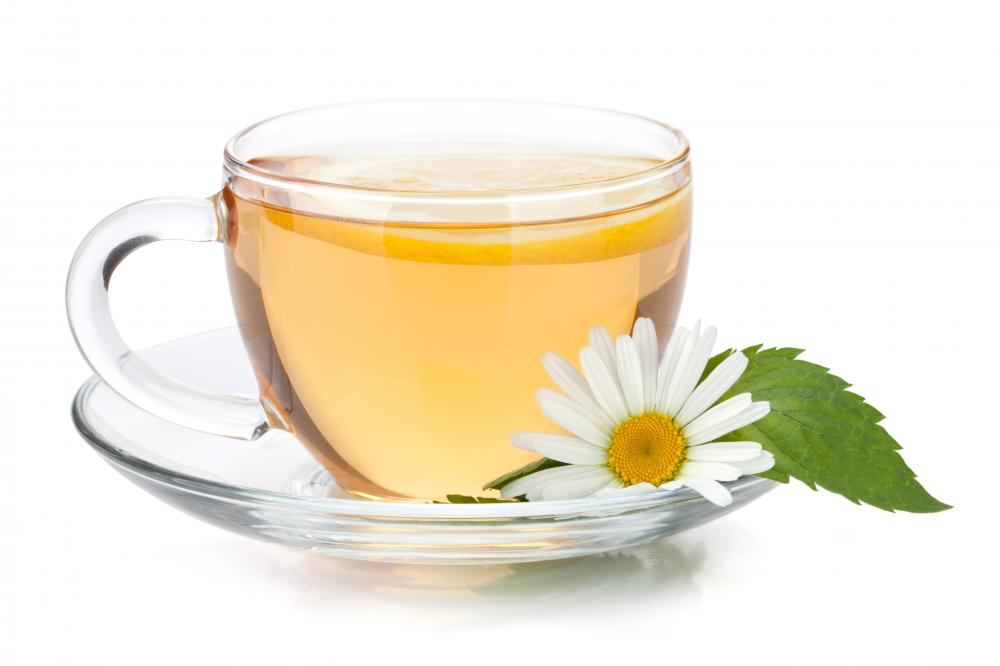At WiseGEEK, we're committed to delivering accurate, trustworthy information. Our expert-authored content is rigorously fact-checked and sourced from credible authorities. Discover how we uphold the highest standards in providing you with reliable knowledge.
How do I Choose the Best Organic Garden Spray?
There is no magic organic garden spray that will work for all trees, shrubs and plants to protect against every blight or insect. In order to choose the best alternatives, you must take into consideration several factors. First, which plants or trees need protection; second, what type of pest or fungus you are trying to eradicate; third, what kind of climate you reside in, and fourth, the growth state of the plant.
Fruit trees should be treated throughout the year. To protect against aphids and mites, spray the trees during the winter and early spring with a dormant oil, such as mineral oil or horticultural oil. This works by coating and smothering the insects. During the flowering stage, oil sprays should be discontinued to allow pollinators access to the blossoms, but can be resumed once the fruit is formed. During the fruit bearing season use an organic garden spray containing copper or sulfur to fight fungus and other blights.

Vegetable gardens provide a delightful buffet for a number of multi-legged creatures. Fortunately, there are many natural household products that can be used to make an effective organic garden spray for almost any type of insect infestation. Some of the most popular sprays are made from garlic oil. Garlic contains sulfur, which is poisonous to insects but harmless to humans, and also has antibacterial and antifungal properties. The strong smell is a plus since it can mask the scent of the blossoms and offends the olfactory nerves of many bugs.

Aphids, mites and other pests can be eradicated with an organic garden spray made from chopped tomato or rhubarb leaves. Tomato leaves contain elements which are toxins to insects; these are released when the leaves are crushed. Poisonous rhubarb leaves can also be crushed and soaked in water to make an effective organic garden spray. The water from these solutions can be mixed with natural vegetable oil and natural detergent to make the spray adhere to the plants. Both of these sprays wash off the produce when you are ready to harvest and eat.

Other substances that are obnoxious to insects include chili peppers and Borax. Chili mixed with garlic can be extremely effective and poses no problems to people or animals. Borax is a natural substance which washes off easily, but can be harmful if inhaled or absorbed through the skin, so a gardener should care using this if pets or children are around. The advantage of Borax is that it is one of the few organic substances effective against ants. Fish fertilizer also presents a smell that turns away many invaders.

Fungus is a problem for vegetables that lay on the ground for extended periods of time, such as peas, squash, pumpkins and cucumbers. This is even more prevalent in damp climates. Once again, an organic garden spray with garlic can help limit fungus. Other effective fungicides include milk sprays or chamomile tea.
Timing the treatment of plants is important regardless of which organic garden spray is chosen. Some sprays treat only the adult stage of insects which others treat larvae. Depending upon the climate, some sprays are more effective than others during certain seasons. A gardener can often get free assistance in choosing the best options by consulting with a local county agent or the agriculture department of a university in the region.
AS FEATURED ON:
AS FEATURED ON:

















Discuss this Article
Post your comments